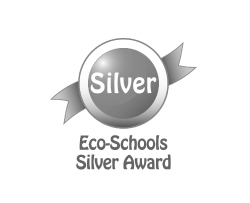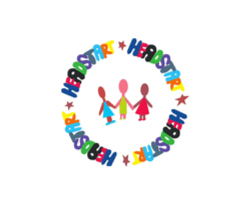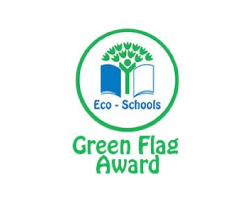The NSPCC state that:
Safeguarding is the action that is taken to promote the welfare of children and protect them from harm.
Safeguarding means:
- protecting children from abuse and maltreatment
- preventing harm to children’s health or development
- ensuring children grow up with the provision of safe and effective care
- taking action to enable all children and young people to have the best outcomes.
Safeguarding children and child protection guidance and legislation applies to all children up to the age of 18.
Child Protection Policy
Our Child Protection Policy has been written to ensure that all staff are fully informed about their responsibilities in relation to Child Protection, are aware of signs and symptoms which may suggest that a child is coming to harm, the various types of safeguarding issues that we may face as educators of children and who to speak to if they have a concern about a child or member of staff.
Keeping Children Safe in Education
Keeping Children Safe in Education is the statutory guidance for safeguarding in schools and colleges. Published in April 2014, it came into force immediately. This document replaces the previous information ‘Safeguarding children and Safer Recruitment’. All of our staff have received training on, read and understood the most up to date (September 2024) version of the document.
Working Together to Safeguard Children
Please see the policy page for the guide to inter-agency working to safeguard and promote the welfare of children.
CPOMS
CPOMS stands for Child Protection Online Monitoring System and is used by school for monitoring child protection, safeguarding and pastoral and welfare issues. CPOMS provides our safeguarding team with a system to help with the management of child protection, behavioural issues, bullying, special educational needs and domestic issues. Every member of staff across school has an obligation to report any concerns which they may have. CPOMS allows this information to be recorded in a central repository and have relevant people alerted immediately. Senior leaders are able to build a chronology around a student and can produce reports for Case Conference Meetings, Governors and other professionals very easily.
Pupils
At Caedmon, we work with a variety of agencies to ensure that our pupils have as much information as possible in relation to keeping themselves safe. We have worked closely with the NSPCC, who have delivered assemblies and workshops to a range of children and parents. This year, our Year Six pupils are working with Cleveland Police on a weekly basis in the autumn term, covering topics such as ‘Mental Health’, ‘Anti-Social Behaviour and Consequences’, ‘Conflict Management’ and ‘Refugee and Asylum Seeker Awareness’. Pupils have worked with Barnardos to cover topics such as healthy relationships, grooming, keeping safe online and safety. Barnardos have also provided support to parents, through presence at parent’s consultations. Other agencies such as the Fire Brigade and health services also complete work with a range of children throughout the school year.
Staff training
All of our staff receive safeguarding training to ensure that they have a level of understanding appropriate for working in school. This includes basic safeguarding and child protection training, more in depth training on the Keeping Children Safe in Education document and training on the Prevent strategy.
Family Support Worker
We have a family support worker, Miss L. Ramsay, that works in our school on a Tuesday to support with our children and families. The role of the family support worker is to offer support to the whole family at the earliest opportunity. It is about helping families to face problems and get the right support at the right time.







